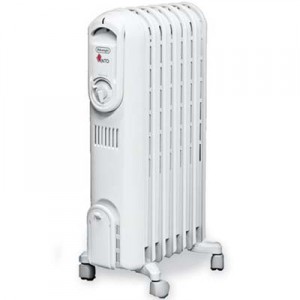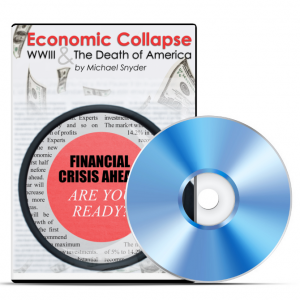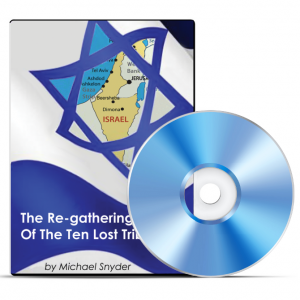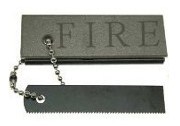 December through March — the winter season — are the peak months for home fire deaths. Although being able to survive and cope with a disaster is great, avoiding disaster altogether is even better. Like they say, an ounce of prevention is worth a pound of cure.
December through March — the winter season — are the peak months for home fire deaths. Although being able to survive and cope with a disaster is great, avoiding disaster altogether is even better. Like they say, an ounce of prevention is worth a pound of cure.
National Fire Prevention Week is a good time to think about keeping your home safe while you keep it warm. Space heaters can be a good way to heat individual rooms or zones within your home, but using them requires a bit of common sense, too.
First of all, when you buy a space heater, be sure to get one that has been evaluated by Underwriters Laboratories (UL) or another nationally recognized lab. UL listed appliances undergo a further level of third-party safety testing. You should also buy a space heater that will automatically shut off if it’s tipped over.
When you’re using a space heater, put these safety guidelines in place:
· Place a space heater on level ground well away from flammable materials like blankets, upholstery and curtains; as a rule of thumb, these combustible items should be kept at least three feet away from the heater.
· Never leave heaters running overnight or unattended when you leave the room or the house.
· Carefully supervise children around these devices, and institute a “kid-free zone” in a three-foot radius around the heater.
· Avoid using extension cords and instead plug heaters either directly into an outlet or into a UL listed power strip.
· Overloading outlets can be a fire hazard, too. Ideally, space heaters should be plugged into otherwise unused outlets.
· Don’t run the appliance’s power cord under a rug; doing so can insulate the cord — and overheated cords are another proven cause of space heater–related fires.
A further level of prevention (not to mention cost savings) comes from not using space heaters at all. Concentrate instead on keeping more of the heat already in your home from leaking out into the cold. You don’t need to hire an expensive contractor to inspect and evaluate your home’s energy insulation and energy efficiency; you can do it yourself.
The free ebook “The Cure for the Common Cold Room: A Safe & Smart Home Heating Guide” shows you where your home might be losing heat, how to check for and fix air leaks and how to safely use supplemental heat sources like space heaters. By spending a weekend following the advice in the book, you can prepare your home for harsh, cold weather and still keep you and your family safe and warm.
Picture Credit- www.thisoldhouse.com









